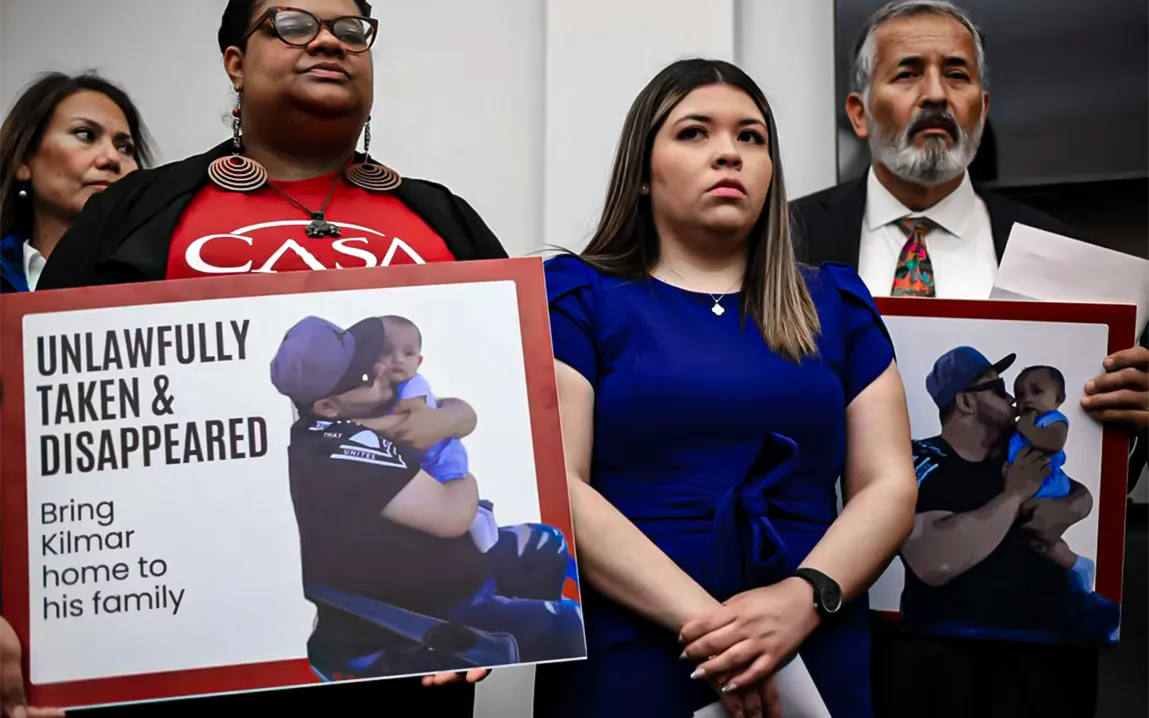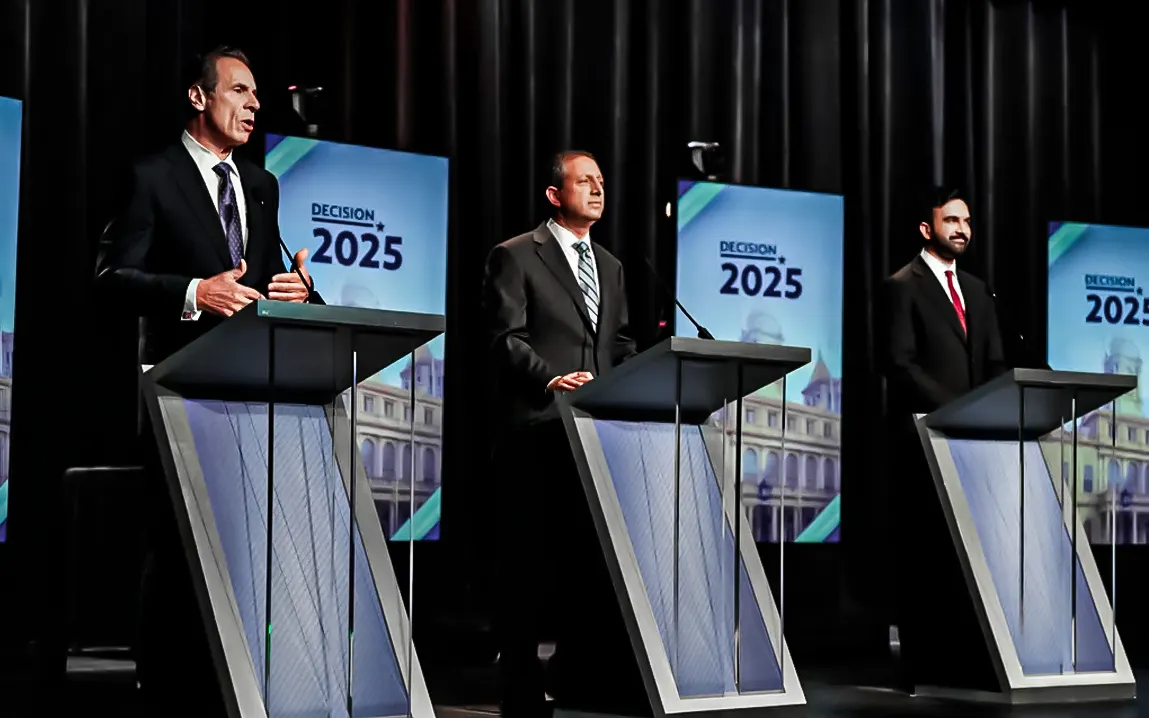The U.S. Supreme Court on Thursday ruled that the Trump administration must “facilitate” the return of a Maryland man, Kilmar Armando Abrego Garcia, who was mistakenly deported to El Salvador—even though he had been granted protection from removal years ago.
The Court’s decision marks a partial victory for Abrego Garcia’s legal team and family, who have been fighting to bring him back since his sudden deportation on March 15. However, the ruling stopped short of compelling the federal government to “effectuate” his return, a legal detail that could practically restrict the government’s accountability.
Who Is Kilmar Abrego Garcia?
Abrego Garcia had entered the U.S. illegally around 2011 and lived a quiet life with his family until Department of Homeland Security officials arrested him on March 12. Just days later, he was placed on a plane to El Salvador—even though an immigration judge had in 2019 not allowed his deportation due to threats from gangs in his home country. According to court records, his family’s pupusa business had drawn the attention of violent groups, putting his life at risk if he returned.
What the Supreme Court Ruled
The high court’s unsigned opinion keeps the lower court’s mandate for the administration to “facilitate” Abrego Garcia’s return, yet expressed concern over the term “effectuate,” stating it might exceed the judiciary’s power. As a result, the case was sent back to the district court for clarification.
Judge Paula Xinis responded quickly on Thursday evening, ordering the Trump administration to “take all available steps to facilitate” to aid Abrego Garcia’s return. She also demanded a sworn statement from an official with firsthand knowledge of the efforts made, due Friday morning.
“Tonight, the rule of law prevailed. The Supreme Court upheld the District Judge’s order that the government has to bring Kilmar home,” said Simon Sandoval-Moshenberg, one of Abrego Garcia’s attorneys. “Now they need to stop wasting time and get moving.”
However, the Trump administration painted the decision as a win for executive authority in foreign affairs.
A Justice Department spokesperson noted the Court’s acknowledgment of the president’s power in diplomacy, adding, “As the Supreme Court correctly recognized, it is the exclusive prerogative of the president to conduct foreign affairs,” a Department of Justice spokesperson said. “By directly noting the deference owed to the executive branch, this ruling once again illustrates that activist judges do not have the jurisdiction to seize control of the president’s authority to conduct foreign policy.”
The administration has tried to justify Abrego Garcia’s deportation by labeling him a gang member with ties to MS-13, a group the Trump administration considers a terrorist organization. Solicitor General D. John Sauer claimed Abrego Garcia was arrested alongside other known gang members. But his attorneys fiercely dispute this, pointing to the lack of any criminal charges and court evidence describing him as “a gainfully employed family man who lives a law-abiding and productive life.”
Legal Context and Lower Court Rulings
The 4th U.S. Circuit Court of Appeals had earlier ruled in Abrego Garcia’s favor, stating the federal courts retain the authority to intervene in such wrongful deportations. The panel emphasized that the government’s actions violated legal standards and suggested that the administration could have reversed the deportation on its own.
Justice Sonia Sotomayor, joined by the court’s liberal justices, sharply criticized the government’s unwillingness to act. She criticized federal policy allowing the return of individuals for continued legal proceedings and criticized the administration’s framing of the deportation as a mere “oversight.”
“The Government now requests an order from this Court permitting it to leave Abrego Garcia, a husband and father without a criminal record, in a Salvadoran prison for no reason recognized by the law,” she and the other liberals said.“
Though the Supreme Court’s ruling provides some legal clarity, it leaves much in the hands of lower courts and government agencies. For Abrego Garcia and his family, the fight is not yet over, but Thursday’s decision renews hope that justice may still prevail.



